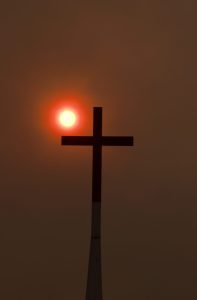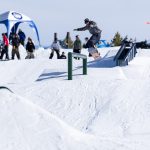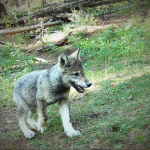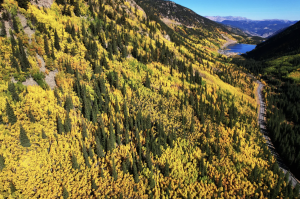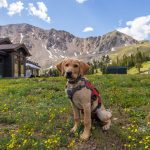White River National Forest, BLM lands entering Stage 2 fire restrictions Friday
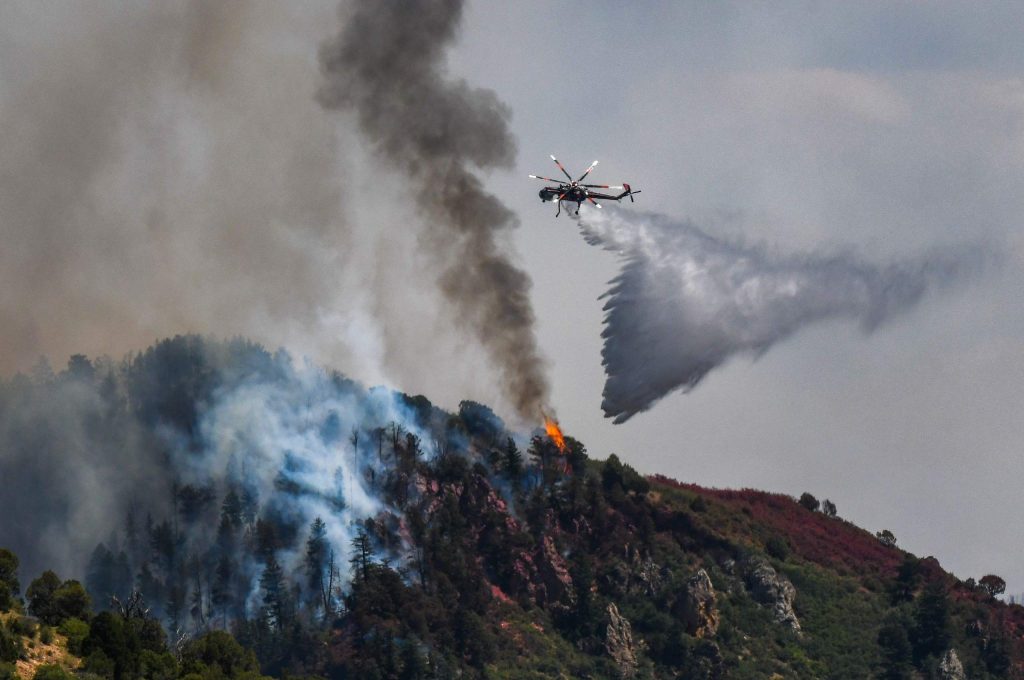
Post Independent File photo
All lands managed by the White River National Forest (WRNF) and the Bureau of Land Management (BLM) Upper Colorado River District will move into Stage 2 fire restrictions beginning Friday, Aug. 8, due to heightened fire danger, according to a news release from WRNF.
“We are currently seeing fire danger conditions similar to August 2020, when western Colorado and the White River National Forest saw record-breaking fires,” White River National Forest Supervisor Brian Glaspell said in the release.
The Grizzly Creek fire began in Glenwood Canyon on Aug. 10, 2020 and forced the closure of Interstate 70 and burned more than 30,000 acres, much of it within the White River National Forest.
The restrictions apply to both developed and undeveloped areas, including campgrounds and picnic sites. Campfires and charcoal grills will be prohibited, even in designated recreation areas. Only liquid- or gas-fueled devices with on/off switches will be permitted, and only if used in areas cleared of flammable material within a three-foot radius.
Hot, dry and windy conditions across the region have elevated fire risk, with little relief in the forecast. Officials are drawing comparisons to fire danger levels last seen in August 2020, when western Colorado experienced some of its largest wildfires on record.
BLM Upper Colorado River District Manager Greg Larson urged public caution, noting that even everyday actions like dragging trailer chains, parking on dry grass or placing hot equipment on vegetation can ignite a wildfire.
Stage 2 fire restrictions are among the most severe preventative measures implemented during peak fire danger. Unlike Stage 1, which may allow campfires in developed sites, Stage 2 prohibits all open flame sources — regardless of location — and limits activities that could spark wildfires, including welding, smoking outdoors and operating motor vehicles off designated roads.
Stage 2 restrictions also prohibit the use of explosives, smoking except in enclosed vehicles or buildings, and driving off designated forest roads unless parked in areas completely clear of vegetation within 10 feet of the vehicle.
Some areas within the BLM Upper Colorado River District were already under Stage 2 restrictions, but the new order extends to all BLM-administered lands within the Grand Junction and Colorado River Valley field offices.
Fire managers across federal, state and county agencies coordinate closely when deciding to implement restrictions, taking into account weather forecasts, vegetation dryness, local fire activity, and the availability of firefighting resources.
Officials also warn that violations of fire restrictions can result in serious consequences. Anyone who starts a wildfire — even unintentionally — can be held financially and criminally responsible. Fines for violating fire restrictions can reach up to $5,000 for individuals or $10,000 for organizations, along with potential jail time.
In addition to federal restrictions, many counties in western Colorado have implemented local fire bans, which may include further limitations. Residents and visitors are urged to check with county sheriff’s offices or local emergency managers for the most up-to-date information before recreating outdoors.
Visitors are also reminded to take extra precautions to prevent human-caused fires. That includes avoiding parking in tall grass, refraining from using chainsaws or other spark-producing equipment in dry areas, and safely disposing of cigarettes or other smoking materials. Drivers should ensure that trailer chains are secured and not dragging.
Details and maps of current restriction orders are available online at https://www.fs.usda.gov/r02/whiteriver/alerts and through the BLM Upper Colorado River District’s fire restrictions page.
This story is from PostIndependent.com.

Support Local Journalism

Support Local Journalism
As a Summit Daily News reader, you make our work possible.
Summit Daily is embarking on a multiyear project to digitize its archives going back to 1989 and make them available to the public in partnership with the Colorado Historic Newspapers Collection. The full project is expected to cost about $165,000. All donations made in 2023 will go directly toward this project.
Every contribution, no matter the size, will make a difference.
